2018 is not even half over and already it has seen considerable attacks on computers and on websites. Each attack reinforces the need for all businesses, including small businesses, to have appropriate security and backup measured in place to protect business data.
Appropriate backup means:
- Backup every day, without fail, without having too spend time for we know that time backups can take can make backups be ignored or forgotten.
- On-site backup.
- Plus, off-site backup.
- Easy access for recovery.
- Protection in a facility away from the business not only of all data but all software to facilitate swift recovery.
- Managed costs.
- Secure access to backed up data.
- maintaining backup services at the cutting edge.
- Appropriate security for backed up data.
Our advice is that you use a cloud backup service, like the Tower Backup service we offer. It works in the background, backing up without you having to do a backup. If your business is attacked, getting back to a clean and safe place is easy. Any reputable backup service should be able to offer similar to you.
Please do not put this off. Get protection for your business and your business data. You don’t want to be the person who does this after you have been attacked.
At the very least, backup every day, onto a USB stick for that day. While this is an old-school approach, it is better than nothing at all.
But let’s be clear, cloud backup is our recommendation. Our service provides you with a local backup and an offsite backup, in the cloud. This gives you two backups, excellent protection. We monitor the backups to ensure they are working. If we find an issue, we proactively call you. This is rare from a cloud backup service provider.
Here at Tower Systems we take data security seriously. We provide best-pracie advice. Our customers are welcome to use our service or another, our recommendation, however, is that they do something – to be protected.
Too often small business retailers think about data security after they have been affected. Hence this advice here and in our weekly emails and elsewhere in our touch points with customers.

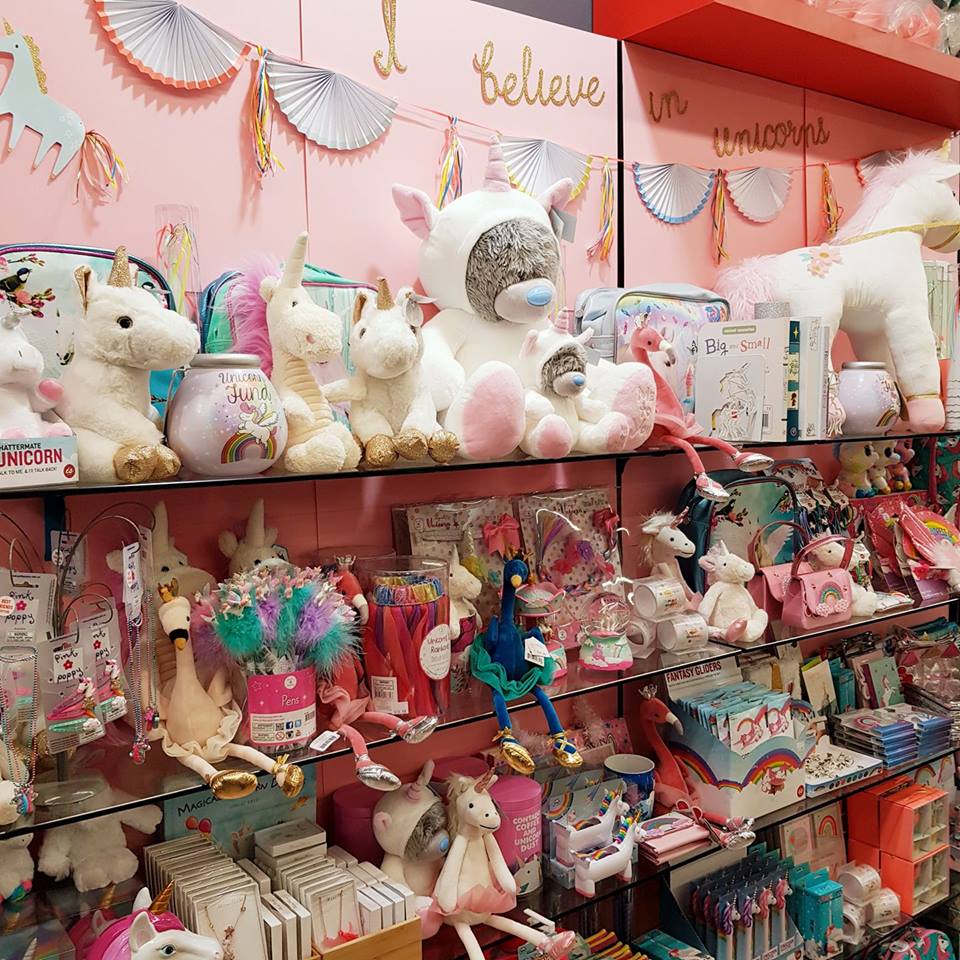
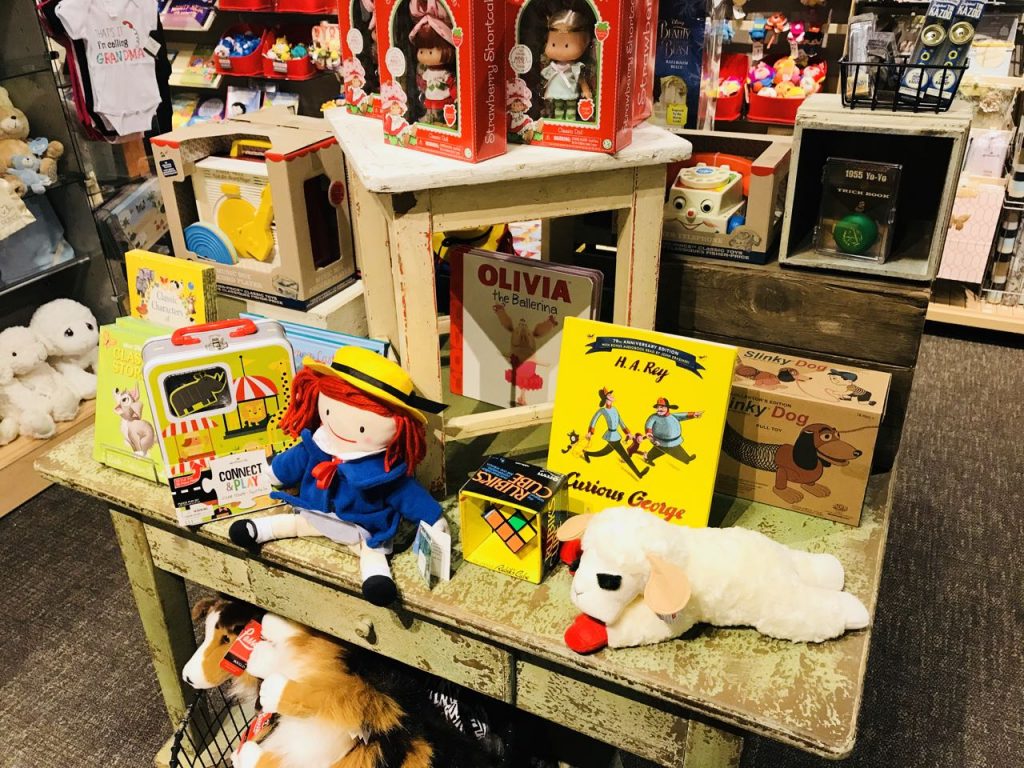


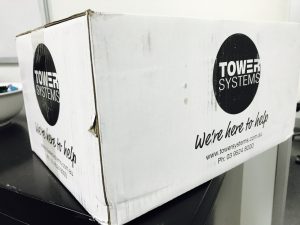
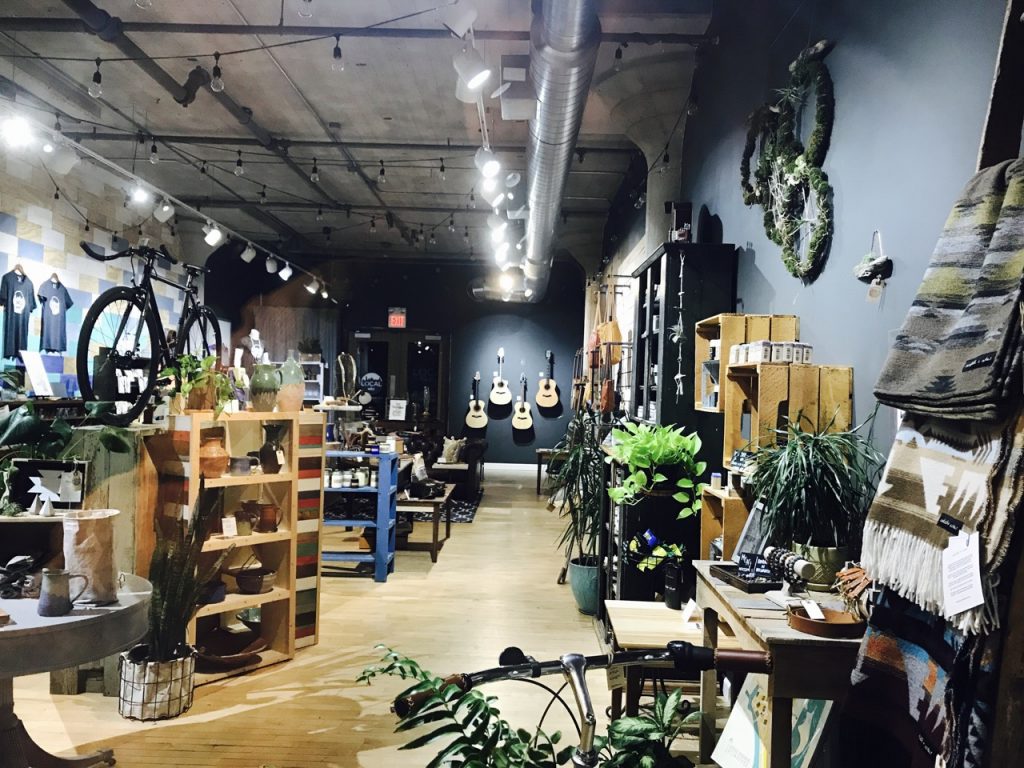
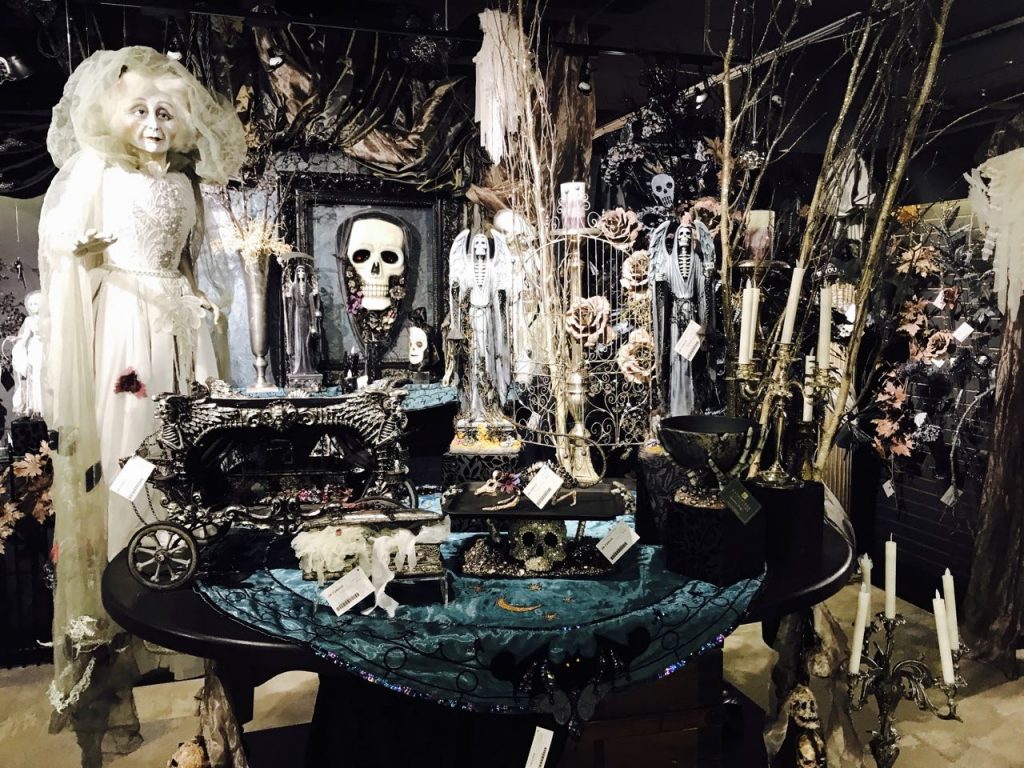
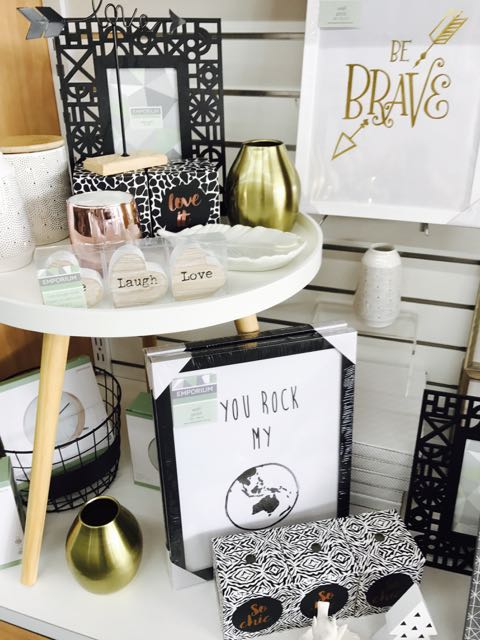
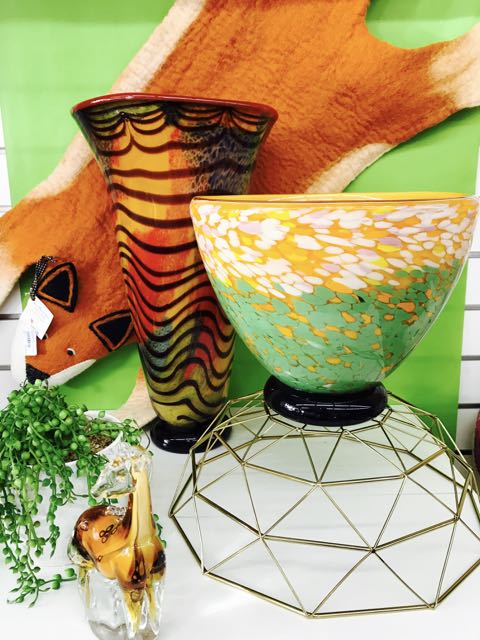
Recent Comments